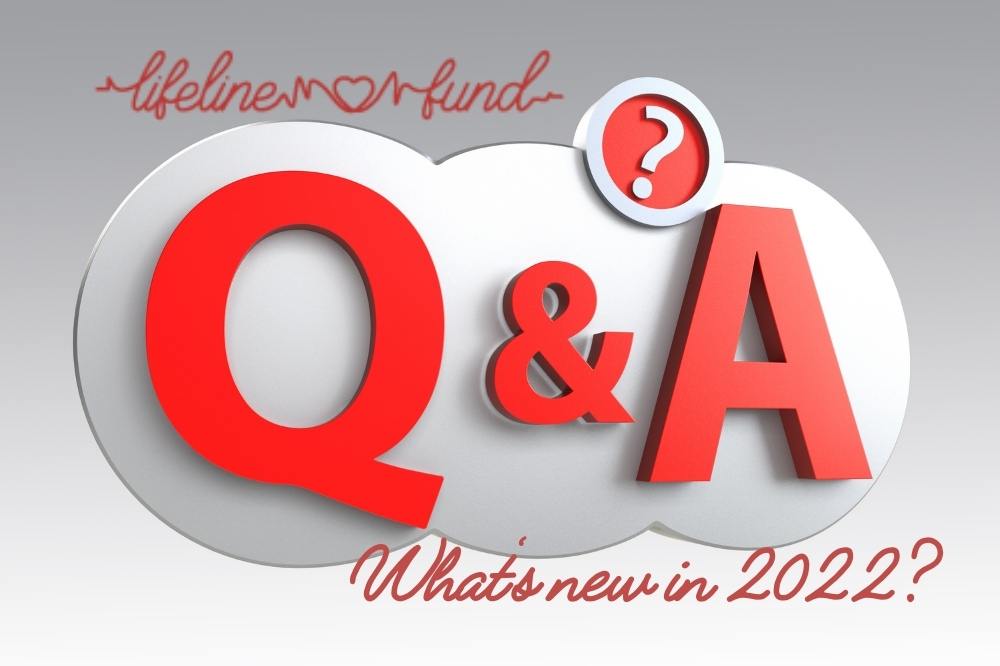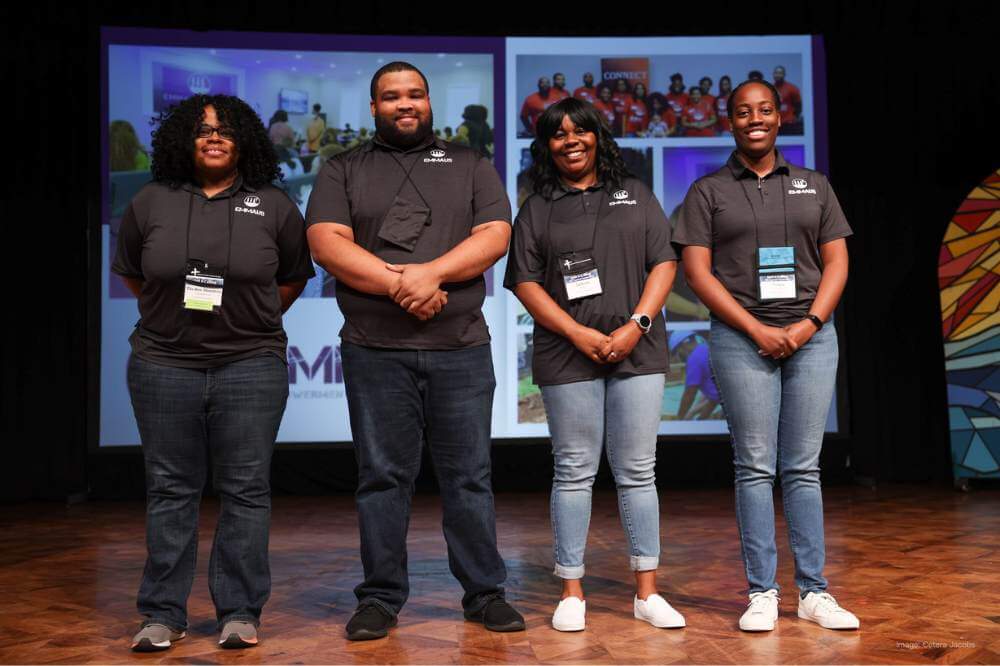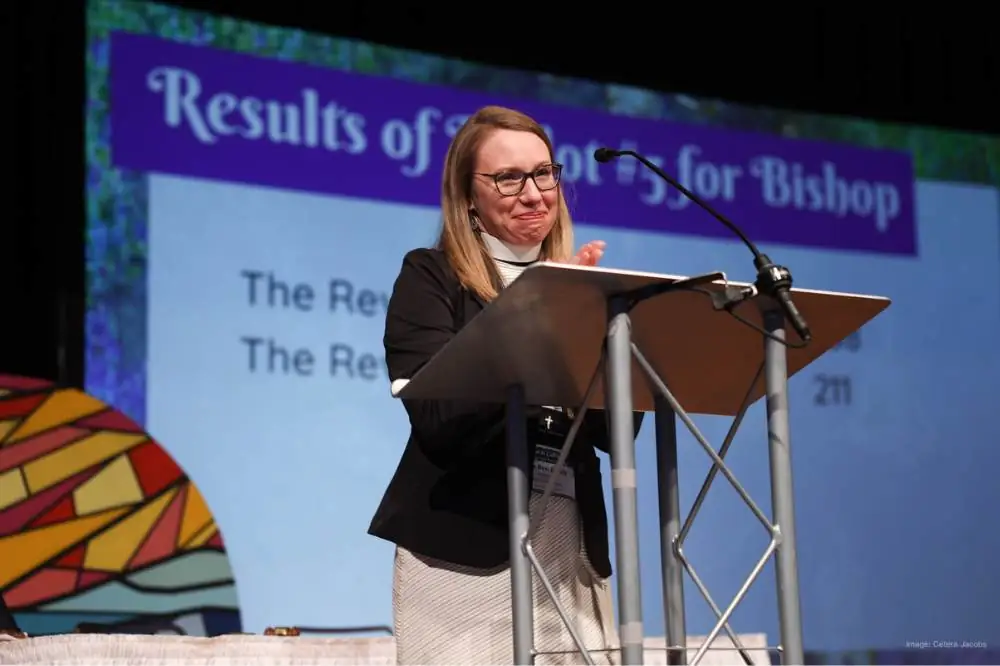The North Carolina Synod has received yet one final grant from Lilly Endowment Inc. that allows the synod to continue its work with the Lifeline Fund. The new grant is in the amount of $250,000 and will cover two more years of Lifeline Grants. The first year of the new grant overlaps with the final year of the previous grant (2022) and will provide Supplemental Grants. The second year of the new grant will provide education grants. The following Q&A format addresses many questions related to the ongoing work of the Lifeline Fund.
Q: What is new with the Lifeline Fund in 2022?
A: There are several new developments. First of all, the year 2022 will be the third and final year of Phase II of the Lifeline Fund. We will continue to provide education debt relief grants to rostered ministers and stewardship grants to congregations.
Q: Who qualifies for an education debt relief grant in 2022?
A: Any rostered minister in the Virginia, North Carolina, South Carolina, Southeastern, or Caribbean Synods who has education debt can qualify.
Q: What are the requirements to get an education debt relief grant?
A: The first requirement is to take a financial education course. There are two approved courses in 2022:
1. Financial Peace University and
2. Six Weeks on Money
Q: What are the other requirements?
A: One other financial education requirement is to have three sessions with a financial counselor from either Portico Service or LSS Minnesota. We also expect our applicants to complete their annual Report to the Bishop and continue to make regular monthly payments on their loan.
Q: What about those who have already completed the above requirements?
A: If you have already completed all financial education requirements, sending in another application to the Lifeline Fund is all you have to do. Just go to the Lifeline Fund page on the NC Synod website.
Q: How often can a rostered minister receive a grant?
A: Education debt grants are typically made once per year, depending on available monies. The more monies a synod raises in matching funds the more frequently the grants will be made.
Q: When can a rostered minister apply for a new grant in 2022? And how do I apply?
A: Applications for Lifeline grants are currently being received. The application must be completed for every new grant request and can be found on the Lifeline Fund page on the NC Synod website.
Q: Another part of the Lifeline Fund provides stewardship grants. How should a congregation apply for a stewardship grant?
A: Stewardship grants can be accessed through a synod stewardship team for congregations wishing to participate in one of three stewardship programs: Stewardship for All Seasons, Creating Generous Congregations, or Executive Certificate in Religious Fundraising. Synod stewardship leaders should complete the application which can be found on the Lifeline Fund page on the NC Synod website.
Q: What other new developments are happening with the Lifeline Fund in 2022?
A: The Lifeline Fund has received a Phase III grant from Lilly Endowment in the amount of $250,000 that allows the North Carolina Synod to continue to sustain and scale its work.
Q: When does Phase III begin and how many years will it function?
A: Phase III begins in 2022 and is only a two-year program ending in 2023.
Q: Which synods will be participating in The Lifeline Fund, Phase III?
A: All Region 9 synods, including the newly added Florida-Bahamas Synod, will be part of Phase III. We have also invited the Southeastern Iowa Synod to receive a small portion of the Phase III monies for education grants only.
Q: What kind of grants will be part of Phase III?
A: The first year of Phase III is 2022 during which time Supplemental Grants will be provided. All Supplemental Grants will be distributed in 2022.
Q: For whom are the Supplemental Grants intended?
A: Rostered ministers who have experienced (1) harsh financial impact from the COVID-19 pandemic; or (2) racial injustice; or (3) economic inequality may apply for a Supplemental Grant.
Q: What are some examples or circumstances that relate to racial injustice?
A: Discrimination, denial of opportunity, a hierarchy that disregards equality, segregation, mischaracterization, unjust treatment, etc.
Q: What are some examples of circumstances surrounding economic inequality?
A: Limited family finances to support your education, living in an area of high poverty, health challenges that limit income, gender pay gaps, discriminations that limits employment opportunities, etc.
Q: What are some of the factors that qualify for harsh impact from the pandemic?
A: Loss of income, loss of call, reduced benefits, etc.
Q: How much financial support will the Supplemental Grants provide?
A: The amounts of the Supplemental Grants will be small. We have $125,000 to be shared with six synods. The Supplemental Grants provide more of the Lifeline Fund’s recognition of the harsh impact experienced by some of our rostered ministers. We think of them as “I see you” grants.
Q: How should the Supplemental Grants be used?
A: Supplemental Grants should be used for education debt, retirement contribution, payment of medical bills, or credit card debt.
Q: Who makes the decision about who gets a Supplemental Grant and how much the grants will be?
A: Each participating synod has a Distribution Team made up of elected officials on the synod council. The synod’s Distribution Team makes the decision about applicants in their synod.
Q: What will happen in the Lifeline Fund in the second year of Phase III, 2023?
A: The second year of Phase III will be dedicated to providing one more year of education debt grants. Applications will be available in 2023, and all education debt grants will be distributed by December 2023.
Q: What will happen to the Lifeline Fund after 2023 when no more grants will be provided by Lilly Endowment?
A: Each synod is expected to develop a plan to sustain the work of the Lifeline Fund beyond 2023. The capacity of the Lifeline Fund will depend on each synod’s plan and the synod’s capacity to raise funds to address the economic challenges facing rostered ministers.
Q: Where can I get answers to any questions not addressed in this article?
A: Please contact Pastor John Mocko, Lifeline Fund Program Director, or call 336-596-4517.
Attribution:
Synod Staff



